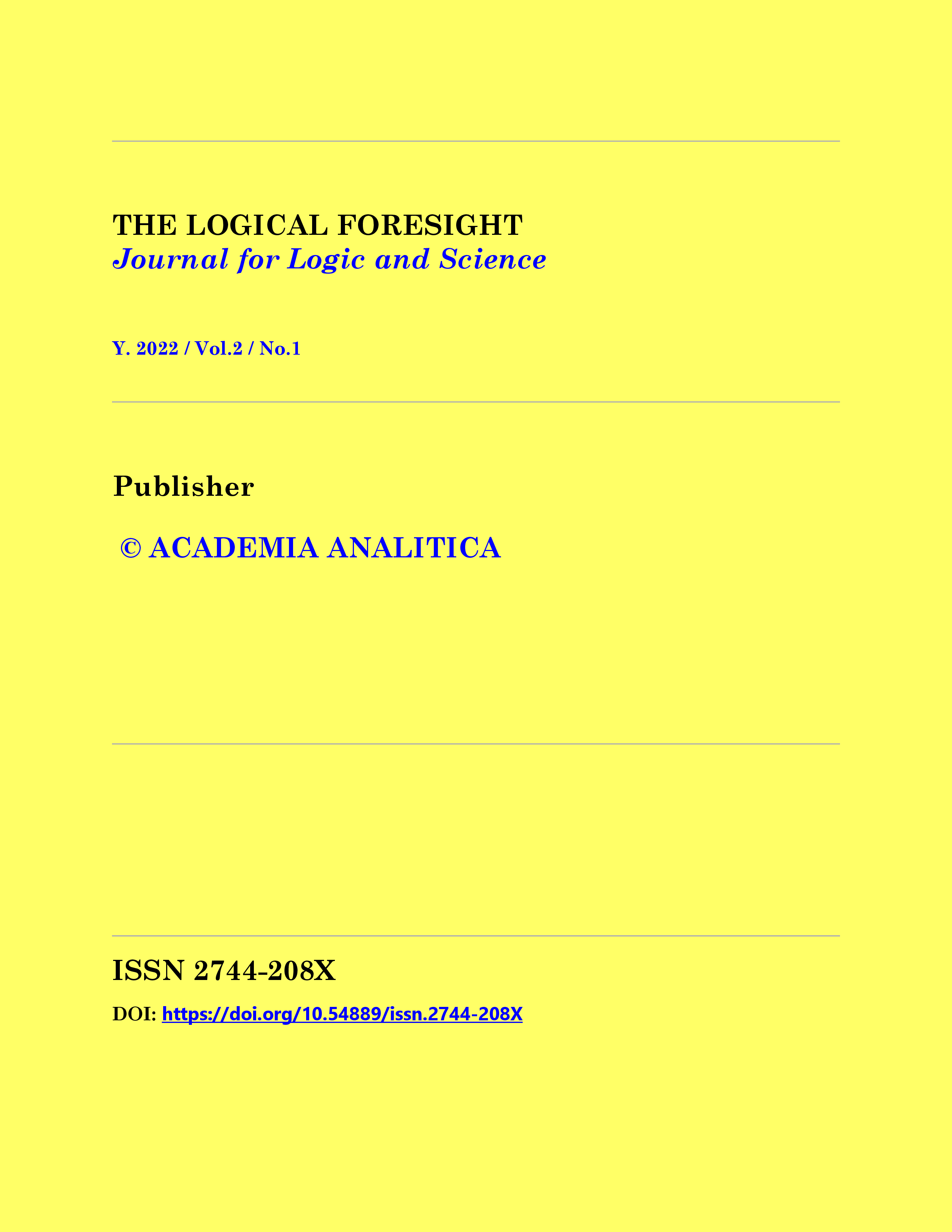Wittgenstein and LaMDA
Wittgenstein and LaMDA
Author(s): Karlo GardavskiSubject(s): Applied Linguistics, Semantics, Pragmatics, Analytic Philosophy, Philosophy of Language
Published by: ACADEMIA ANALITICA – Društvo za razvoj logike i analitičke filozofije u Bosni i Hercegovini; Univerzitet u Sarajevu – Filozofski fakultet
Keywords: rules; meaning; machine; language; AI;
Summary/Abstract: This paper is based on Ludwig Wittgenstein's (late) teaching on language and meaning, and its aim is to show how we can avoid the amorphization of artificial intelligence or interpreting the work (the question of giving meaning) of AI as similar to or the same as the work of a human being. The way of determining the meaning of certain linguistic units performed by an AI and a human differs because the languages they operate with have a different set of rules or criteria that are indicators of what a certain linguistic entity means. The core of AI in terms of meaning is its logical base, according to which it operates/calculates/manipulates the given information. On the other hand, a human being finds his/her criteria in the language activity performed in the language communities.
Journal: The Logical Foresight – Journal For Logic and Science
- Issue Year: 2/2022
- Issue No: 1
- Page Range: 25-42
- Page Count: 18
- Language: English

